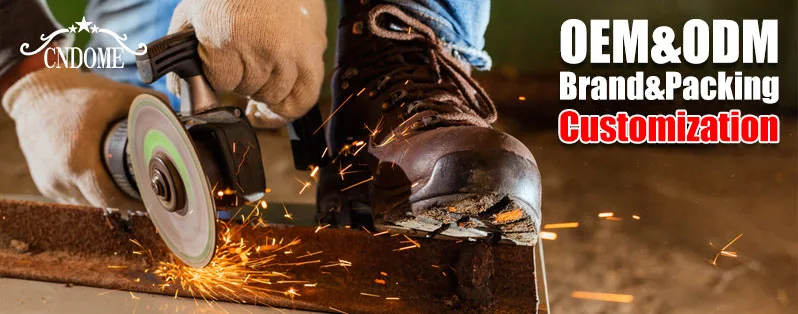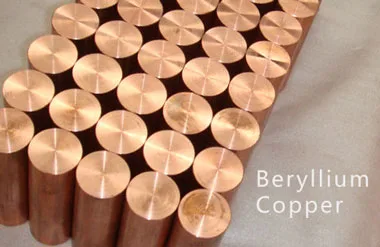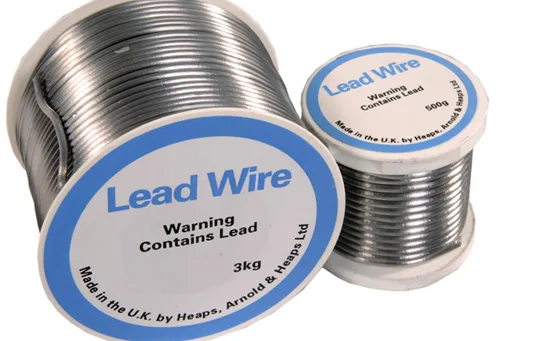Grinding is a fundamental process in metalworking, essential for shaping, smoothing, and refining a wide range of materials. However, not all metals are created equal when it comes to grinding. Understanding which metals should not be ground is crucial for safety, as well as for the preservation of your tools and the quality of your work. In this blog, we’ll explore the metals that should be handled with caution, or better yet, avoided altogether in grinding operations.
1. Lead and Beryllium: A Toxic Mix
Grinding lead or beryllium-containing alloys should never be attempted without proper safety measures in place. These metals release toxic dust and fumes when ground, posing a severe health risk to anyone in the vicinity. Prolonged exposure can lead to serious health issues, so it’s imperative to avoid grinding these materials without the necessary protective equipment and proper ventilation.
2. Aluminum: The Risk of Clogging
Aluminum can be a tricky metal to grind due to its relatively low melting point. The friction generated during grinding can cause aluminum to clog the grinding wheel, resulting in overheating and potentially damaging your tools. If you must grind aluminum, it’s essential to use a wheel specifically designed for this purpose and take regular breaks to prevent excessive heat buildup.
3. Magnesium: A Fire Hazard
Grinding magnesium is a potentially dangerous endeavor. Magnesium is highly flammable and can ignite when exposed to sparks or high temperatures, which are common in the grinding process. Attempting to grind magnesium without proper precautions can result in fires, severe burns, and other hazardous situations. It’s best to avoid grinding magnesium entirely.
4. Zinc and Galvanized Metals: Beware of Fumes
Zinc and galvanized metals can produce toxic fumes when subjected to the high temperatures generated during grinding. Inhaling these fumes can lead to a condition known as “metal fume fever,” which presents flu-like symptoms and can be quite uncomfortable. To avoid this, use proper ventilation and respiratory protection if grinding these materials is necessary.
5. Non-Ferrous Metals and Ferrous Metals on the Same Wheel
Combining non-ferrous metals (such as aluminum or copper) with ferrous metals (like steel or iron) on the same grinding wheel is generally a bad idea. The differences in hardness and composition can lead to wheel clogging, excessive heat, and potential damage to the wheel itself. It’s best to have separate grinding wheels for ferrous and non-ferrous metals to maintain safety and efficiency.
Conclusion: Safety First
When it comes to grinding, safety should always be the top priority. Understanding which metals you should not grind is essential to protect your health and ensure the longevity of your tools. Remember that proper safety measures, ventilation, and protective equipment are crucial when working with potentially hazardous metals. When in doubt, consult safety guidelines and experts to make the right choices for your specific grinding needs.



